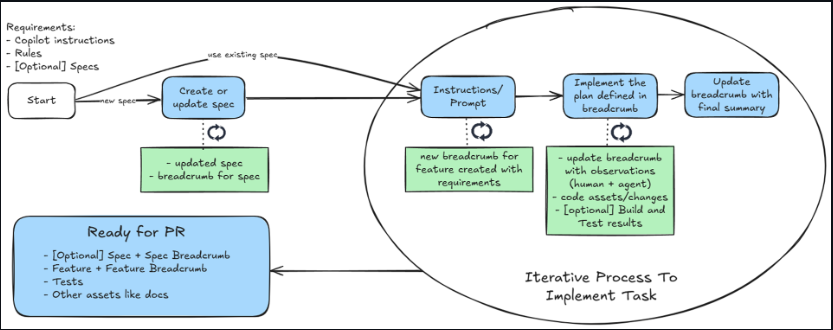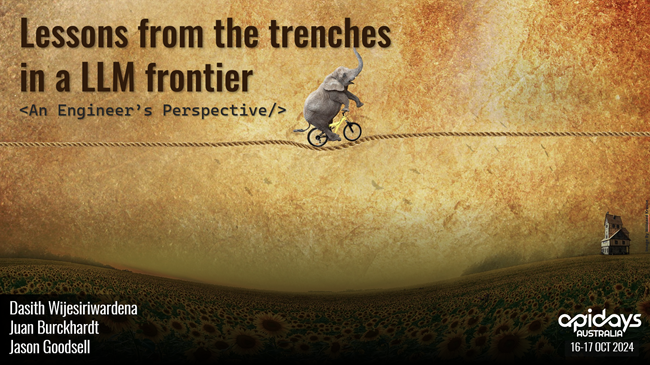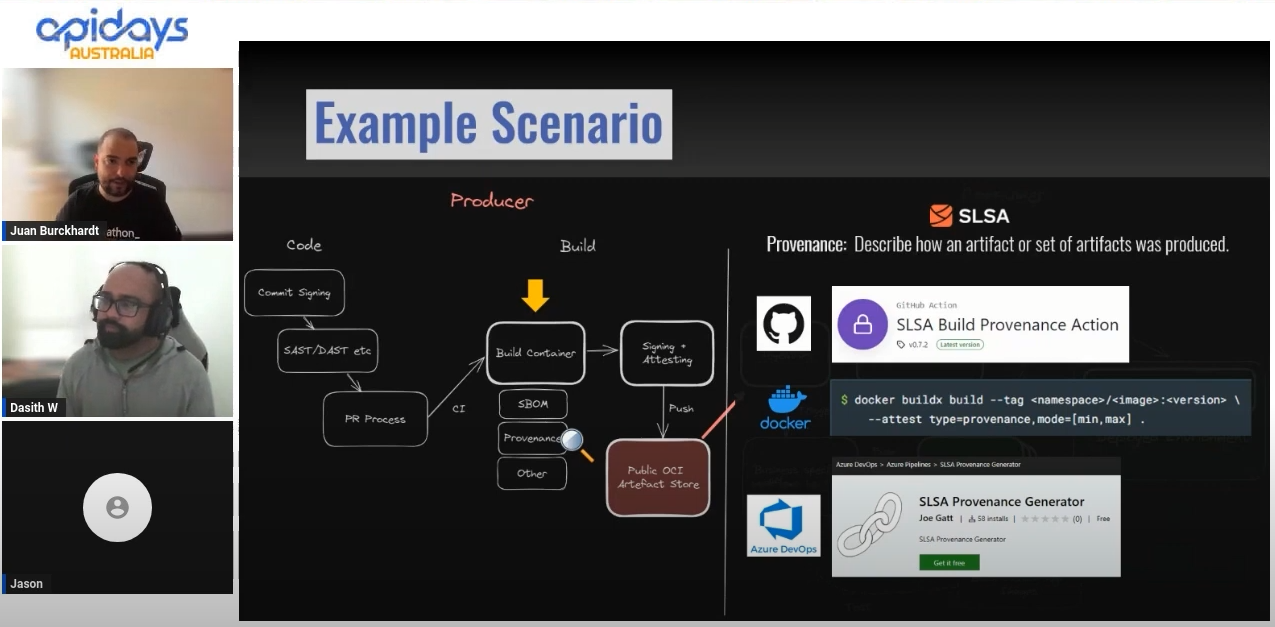A Reply To Waleed Aly’s Article On Sri Lankan Easter Sunday Terrorist Attack
I doubt Waleed Aly will ever get to read this but at least it’s now in the ether. I wanted to apologize for bringing politics into my blog but then it dawned on me that one shouldn’t merely apologize for pointing out the fallacy of an argument made by someone else regardless of it being political or not. My only hope is that it drives a conversation.
I’ve been getting a lot of comments/shares supporting this but I hope everyone still has the same motivation going forward to speak about ground realities in Sri Lanka and don’t stay awkwardly silent when the ultra nationalistic right wing try to polarize people come presidential elections in 2020. Let alone try to justify them. There are some grossly incorrect ‘facts’ circulating on social media and a plot to marginalize the liberal Muslim commentators. If you fall for that not only is Waleed’s narrative correct but I’ve unceremoniously overestimated the humanity of my fellow Sri Lankans.
– Dasith
Dear Waleed,
I have just finished reading your article (https://www.smh.com.au/world/asia/the-sri-lankan-attacks-are-uniquely-senseless-20190425-p51h2v.html) on the Sydney Morning Herald and I can now understand why it has left such a bitter taste in the mouth of most Sri Lankans including myself. I’ve seen you get your fair share of unfair criticism and ad-hominems (mostly from the right). I’ll try my best for this not be one of those instances.
You make some good points about how globalised discourse leaks in to shape local ideology but your narrative seems passive aggressive and at times hypocritical when seen in the context of the recent Christchurch attacks. While I agree about most things in your narrative but you make an important leap to suggest that Muslims and Christians are persecuted by the Buddhist majority. This is the main point of disagreement between us. Sure, there are have been incidents that have been reported internationally (and some that might have not been), but to claims this is done by the Buddhist majority as opposed to right wing nationalists is a gross mistake in my opinion. One akin to associating the general Muslim population with the Islamic extremists.
To quote you,
Name a terrorist attack, and you can typically understand its narrative in those linear terms. But that is not true here.
I can empathize with you and understand your point of view as someone looking outside in. Your macro perspective misses some crucial details of the political situation in Sri Lanka. Unfortunately this has been a growing trend among many international reporters who seem to live their own echo chambers. Let my try to give you a perspective of a Sri Lankan.
Before I do so, I want to correct a few fallacies that you have subtlety implanted on your reader. For your sake I hope these are honest mistakes and not attempts to subdue facts that don’t fit your narrative.
You say "Sri Lanka is a country with no real history of Muslim-Christian tension" but your threshold for "real history" seem to be much lower when it comes to "post-civil war persecution" the hands of the Buddhist nationalist right wing extremist. The truth is both of these things you’ve mentioned have happened. Although Sri Lanka is a multi-cultural, multi-race and multi-religious, apart from some major cities the other parts of the country fit the description of many tribes tolerating each other closely, than a melting pot of cultures. The middle class don’t have the privilege to do anything other than to struggle for their survival. In this environment, mistrust and anger can easily be directed towards other races or religions. It doesn’t help that the politicians use this to polarize people based on identity politics.
Yes we have a problem in Sri Lanka. But it isn’t limited to one religion or race. Rather than vote based on class structures, Sri Lankans’ voting patterns have been based on race for 50+ years. But I digress. Sadly although realistically, in this environment tensions between certain communities are not unexpected.
Even having said all of the above I would still argue that the Muslim population in Sri Lanka have it better than most other places in the world where they are the minority. They aren’t seen as second class citizens and even our defence forces have a big presence of Muslims. The tensions I spoke of have boiled over a handful of times post-war though. Each time the country’s leaders and prominent figures have stressed the importance of unity and the vast majority of people don’t want to entertain ideas of another civil war. Once burnt as they say.
The crux of your argument seems to be that it is “senseless” because the attacks were against the Christians/Catholics. You passive aggressively hint that it wouldn’t be so senseless (or to understand the motive) if the attacks were against the Buddhists. Let’s examine your claim more closely.
It’s easy for people to assume that the Islamic extremist ideology is home grown since all the suicide bombers were born in Sri Lanka, and therefore claim their grievances that led to an attack on Christians make little sense. This misses a crucial point though. Let me give you some context.
Sri Lankan Muslims have had their own cultural identity compared to every other Muslim community in the world. Some of them even identify themselves as Sinhalese. They were moderately religious (compared to other countries) and enjoy the same freedoms others cultures in Sri Lanka do. The extremist elements that have Only started to pop up in the last 2 decades have been as result of direct influences from middle eastern countries to promote a brand of Wahhabism in the Muslim communities. There has been strong opposition to this by liberal Muslim commentators. This brand of Islamists carried with the same resentments stemming from the middle east towards western culture. They hate the westernisation of Sri Lanka and see efforts of progressives as an attack on Islam. If anything, they share this with Sinhalese Buddhist right wing who also hate western influences. It is no surprise that the extremist Muslim elements see western cultures and faiths as their main target in this context. You correctly pin the blame on the discourse of a Crusader-Zionist plot but fall short of blaming how toxic some of these Wahhabist teachings can be and how easily this dogma can be converted to make weapons out of individuals. Religious dogma is the breeding ground for these extremists and it would be nice if a prominent journalist like yourself accepts this fact.
It’s a matter of what they hate more. It is well documented that terrorists’ motives are more political than religious (Mehdi Hasan uses this argument many times). This is even true for ISIS and Al-Qaeda even though people identify these groups with Islam more than their political beliefs. The linchpin in the Easter Sunday attacks had gone public with his declaration of war against all things western inclusive of the people who live in those countries.
Waleed, Sri Lankan Christians and Catholics are not artificial symbols of Western-ness as you would like us believe. Sri Lanka was colonized by western powers and they converted most low land people into their faith. They were considered closer to the ruling western powers than the Buddhists. This though, admittingly an idiotic belief still hangs on among people. I can understand why you fail to see this as this requires an intricate understanding of the Sri Lankan history and culture.
Given this, do you think it was senseless that they targeted the Christian faith (The beacon faith of the western society) and foreign nationals?
It makes perfect sense (From the perspective of the terrorist of course). That’s why your statement “… the obvious target of such groups would-be Buddhists. The idea that a Sri Lankan Islamist group would choose specifically to target Christians makes no sense in the way terrorist attacks usually do” doesn’t hold water. You’re right, Sri Lanka has had an increase of incidents where Muslims were harassed but you’re reaching when you say “That Muslim radicalisation might emerge from this environment is easy enough to imagine”.
I am trying my best to see past the irony of this last statement of yours when applied against the context of the Christchurch massacre. Your apologetic tone was the same one the alt-right used to “explain” the emergence of toxic white nationalism. Maybe you should contemplate the parallels there for a bit.
The fact that the Muslim extremists hate the western influence and ideology more than this glorified hatred from Buddhists, is case and point if you needed further evidence. It’s only senseless if you’re looking for a reason that doesn’t exist. Muslims aren’t (weren’t) persecuted in Sri Lanka to the extent you have your readers believe. As a progressive person I can not tolerate any amount of persecution of a minority group but what I can also not tolerate is hyperbole and playing the victim card when it is not warranted.
P.S. I would consider myself left in the spectrum of political beliefs but I have a strong distaste dishonest reporting because how the far right and the liberal left use incidents like the one in Sri Lanka to play the identify politics game. The only request I make is that you be objective in your assessment and provide a more nuanced perspective when you get the opportunity to discuss this further. Sri Lankan history is well publicised and you can get narratives from many ends of the political spectrum. If not anything, maybe try to get the full picture before you fall into the same trap again.
Thank you,
A Triggered Sri Lankan 😊
Edit: 30/04/19 - Fixed some typos and added a bit more context in areas I wasn’t clear. Also updated the intro.





Leave a comment